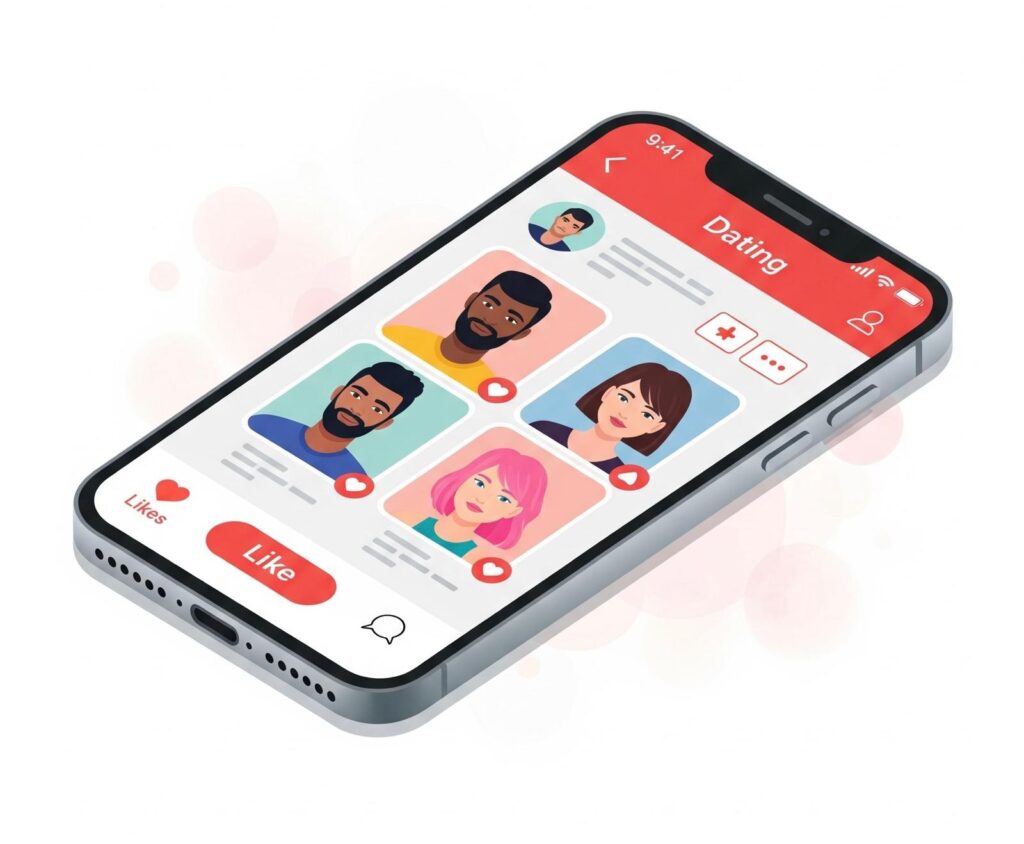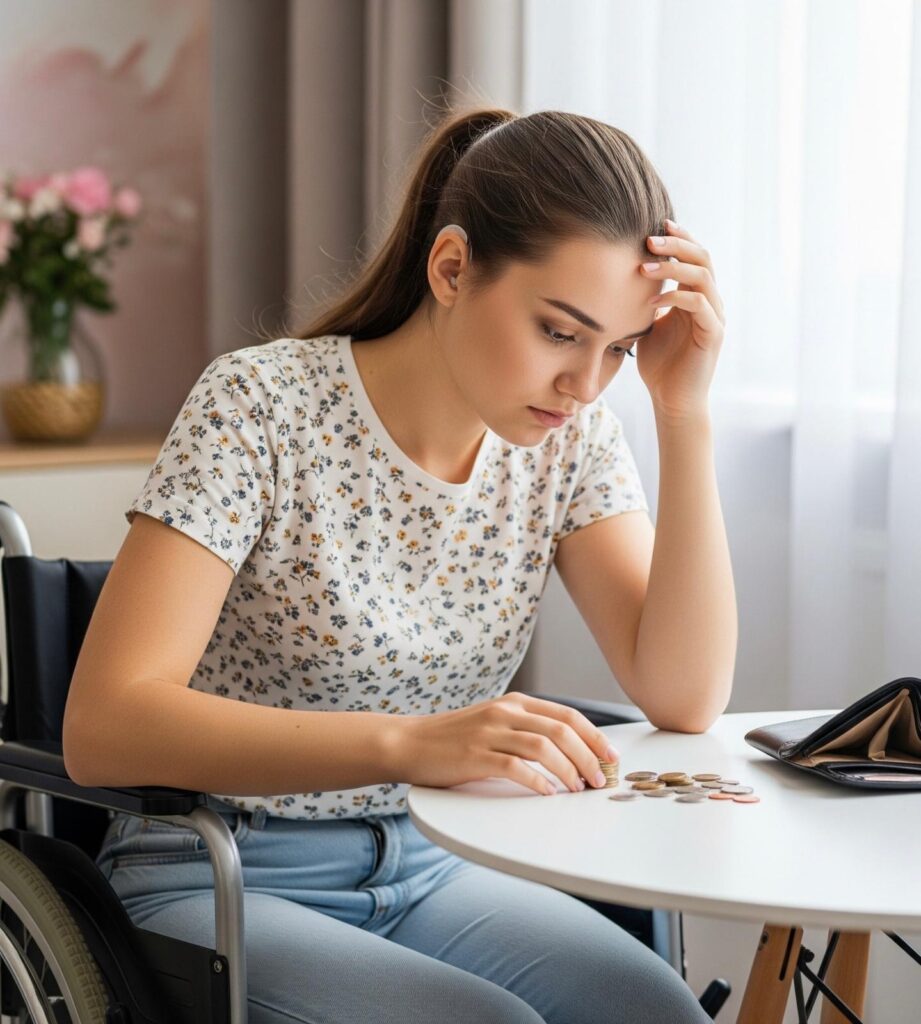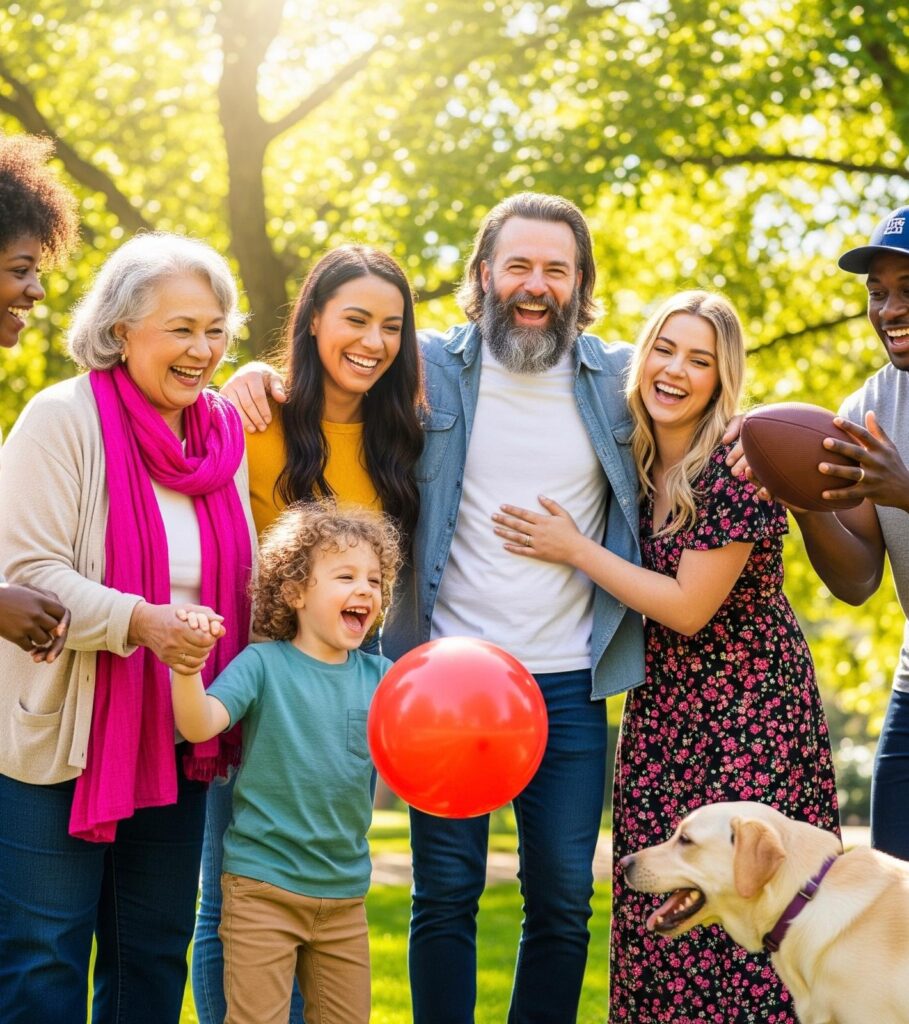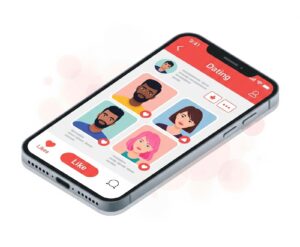By Therapy Near Me | July 2025
Dating apps have revolutionised how people meet, yet growing research raises concerns about potential mental health harms, including anxiety, body image issues, addiction-like behaviors, and online harassment. So, are dating apps really toxic?
Keywords: dating apps mental health, dating app toxicity, online dating anxiety, swipe addiction, dating apps body image, hormonal effects dating apps, cyberbullying dating platforms, boy sober trend, safe dating app use, digital dating mental health
1. Body Image & Self-esteem Struggles
A 2025 systematic review of 45 studies concluded that 85% of dating-app research reported significant negative impacts on body image, with almost 49% linking them to poor mental health (Bowman et al., 2025). Especially among young adults, use of dating apps has been associated with disordered eating, low self-esteem, depression, and anxiety (Bowman et al., 2025; Bowman & Drummond, 2025).
2. Psychological Distress & Addiction-like Patterns
Swipe-based dating apps (e.g., Tinder) share characteristics with social media addiction—with some users showing high anxiety, depression, and lower self-esteem compared to non-users (Sumter et al., 2020). A newer 2024 study found that excessive dating-app use is bidirectionally linked to diminished mental health (Zhong & Huang, 2024; Sumter et al., 2020).
3. Hormonal Rollercoaster & Dopamine Spikes
Research from eHarmony and Imperial College London demonstrated that dating apps trigger dopamine-fueled anticipation, similar to gambling. Users experienced hormonal surges (in dopamine, cortisol, testosterone) during matches and steep drops after rejection—contributing to chronic stress, mood swings, and reduced libido (New York Post, 2025).
4. Toxic Beauty Standards & Social Comparison
Dating apps emphasise appearance over personality, fostering toxic beauty ideals and excessive social comparison. This perpetuates anxiety, low self-worth, and disordered eating, particularly in younger users (Bowman et al., 2025; NABHS, 2025). The algorithms can reinforce upward social comparison, triggering depression and reduced life satisfaction (Woods & Scott, 2016; Bowman et al., 2025).
5. Online Harassment & Privacy Risks
Younger users under 18 may experience higher levels of cyberbullying, sexual harassment, or grooming on dating platforms, which are linked to anxiety, depression, and trauma (Lahtinen et al., 2023). Meanwhile, moderation workers—such as those for Grindr and Bumble—report PTSD and chronic distress from continual exposure to explicit content and abuse (Wired, 2023).
Users also face security threats: data leaks, fake profiles, and scams are well-documented, exacerbating mistrust and emotional harm (Farnden, Martini & Choo, 2015; Wikipedia, 2024).
6. “Boy Sober” & Dating Fatigue
A growing #BoySober movement on TikTok involves users rejecting dating apps altogether, citing normalised harassment, emotional exhaustion, and toxic experiences (The Guardian, 2024). Surveys in Sydney found many users feel mentally “burned out” by awkward matches, ghosting, and superficial interaction (Daily Telegraph, 2024).
Balancing the Scale: Are There Benefits?
Some users report positive outcomes: increased confidence, successful long-term relationships, and exposure to broader social networks. However, the mental health cost—especially unaddressed anxiety, body-image issues, and harassment—suggests that apps have become psychologically “toxic” for many (Psychology Today, 2018; Verywell Mind, 2024).
🧠 Tips for Safer Dating App Use
| Strategy | Practical Tip |
|---|---|
| Limit Usage | Set time limits or scheduled use to avoid overuse and mood disturbance. |
| Prioritise Authenticity | Use unfiltered photos and honest profiles to reduce comparison stress. |
| Self-Care After Swipes | Practice grounding or journaling after engaging with apps. |
| Report or Block Abuse | Utilize app features protecting users from harassment. |
| Explore Alternatives | Try social groups, therapy, or community events for organic connection. |
Conclusion
Dating apps offer opportunity—but at high psychological cost for many users. Evidence increasingly shows negative impacts on self-esteem, mental wellbeing, hormonal balance, and safety. While they work well for some, it’s important to recognise potential toxicity, use apps mindfully, and explore alternative ways to build connection.
References
Bowman, Z., Drummond, M., Church, J., Kay, J. & Petersen, J. (2025) ‘Dating apps and their relationship with body image, mental health and wellbeing: a systematic review’, Computers in Human Behavior, 165, 108515.
Bowman, Z.J. & Drummond, M. (2025) ‘Dating apps and body image risks’, Flinders University News, 9 January.
Farnden, J., Martini, B. & Choo, K.-R. (2015) ‘Privacy Risks in Mobile Dating Apps’, arXiv preprint arXiv:1505.02906.
Lahtinen, E. et al. (2023) ‘Adolescent Use of Dating Apps and Online Victimization’, Behavioral Sciences, 13(11), 903.
NABHS (2025) ‘Toxic beauty standards and dating apps: how it impacts our mental health’, NABHS.org.
New York Post (2025) ‘Dating apps mess with your hormones – and can even send libido levels plunging: study’, New York Post, 9 April.
Psychology Today (2018) ‘Are Dating Apps Damaging Our Mental Health?’.
Sumter, S.R., Vandenbosch, L. & Ligtenberg, L. (2020) ‘Swipe-based dating applications use and psychological distress’, BMC Psychology, 8, 37.
Vogels, E. & McClain, C. (2023) ‘Key findings about online dating in the U.S.’ Pew Research Center.
Wired (2023) ‘Bumble, Grindr, and Hinge moderators struggle to keep users—and themselves—safe’, Wired.
Woods, H. & Scott, H. (2016) ‘Sleepyteens: Social media use in adolescence…’, Journal of Adolescence, 51, pp. 85–90.
Wikipedia (2024) ‘Dating app’, Wikipedia, retrieved July 2025.
Discover more from Therapy Near Me
Subscribe to get the latest posts sent to your email.






